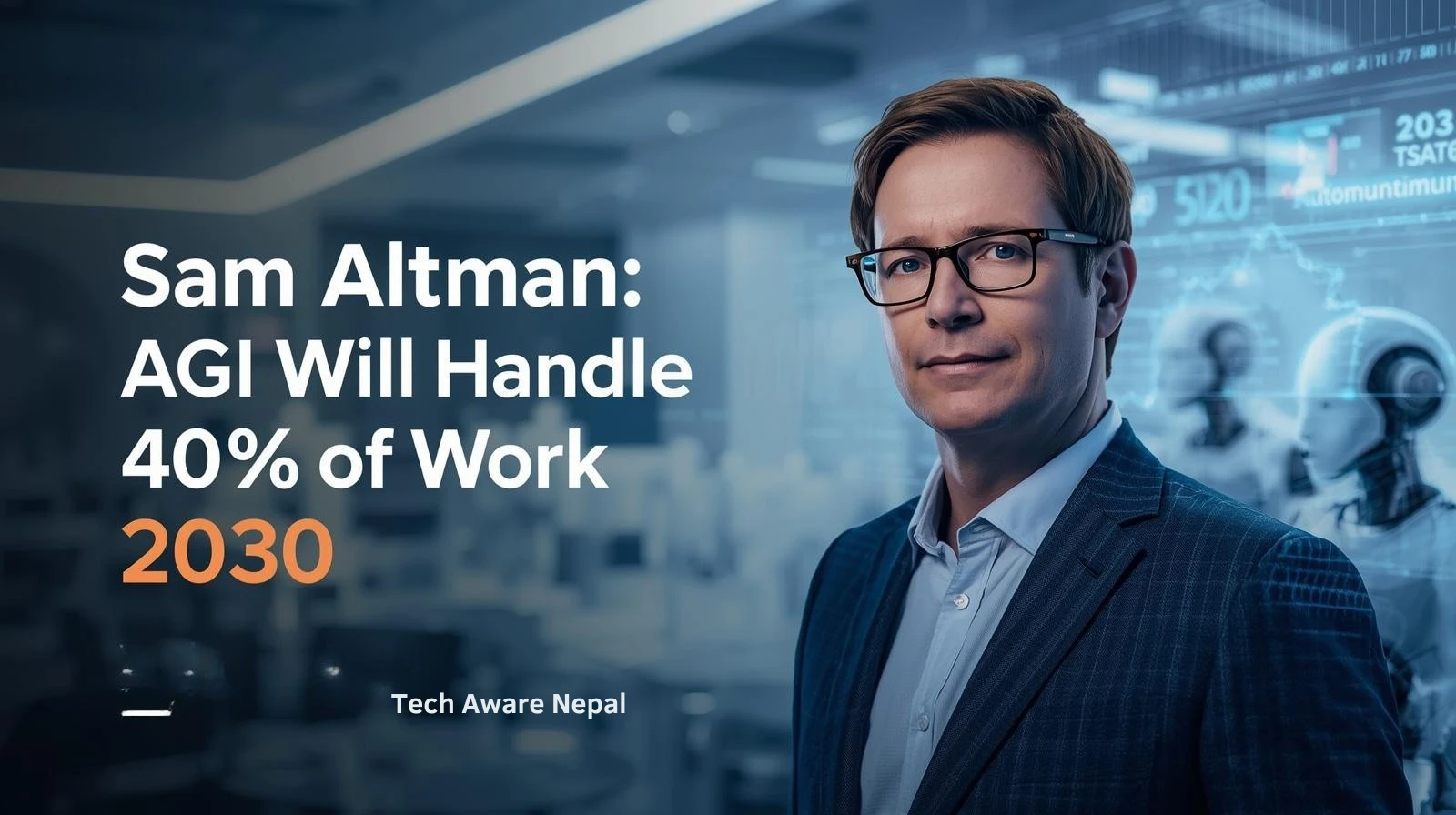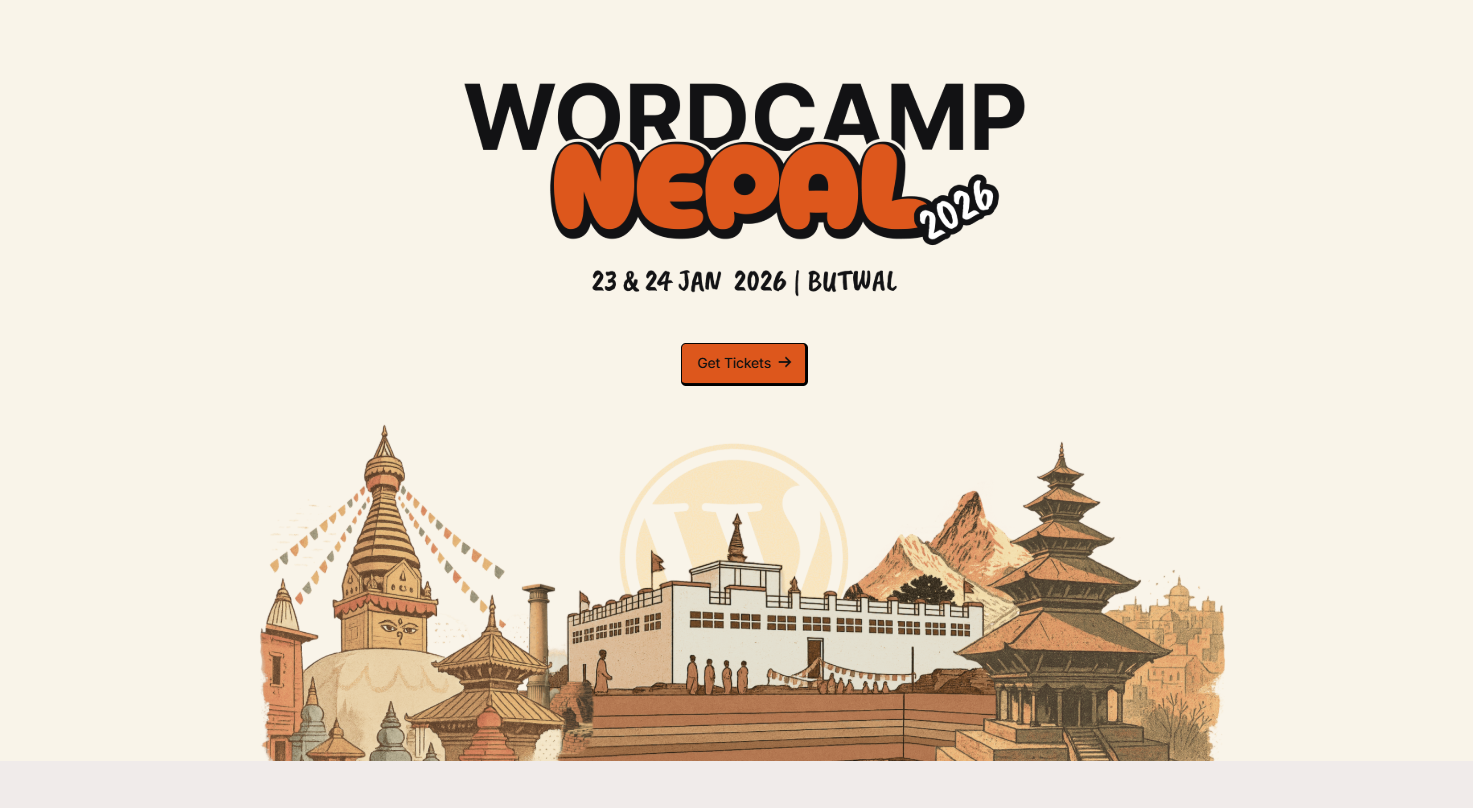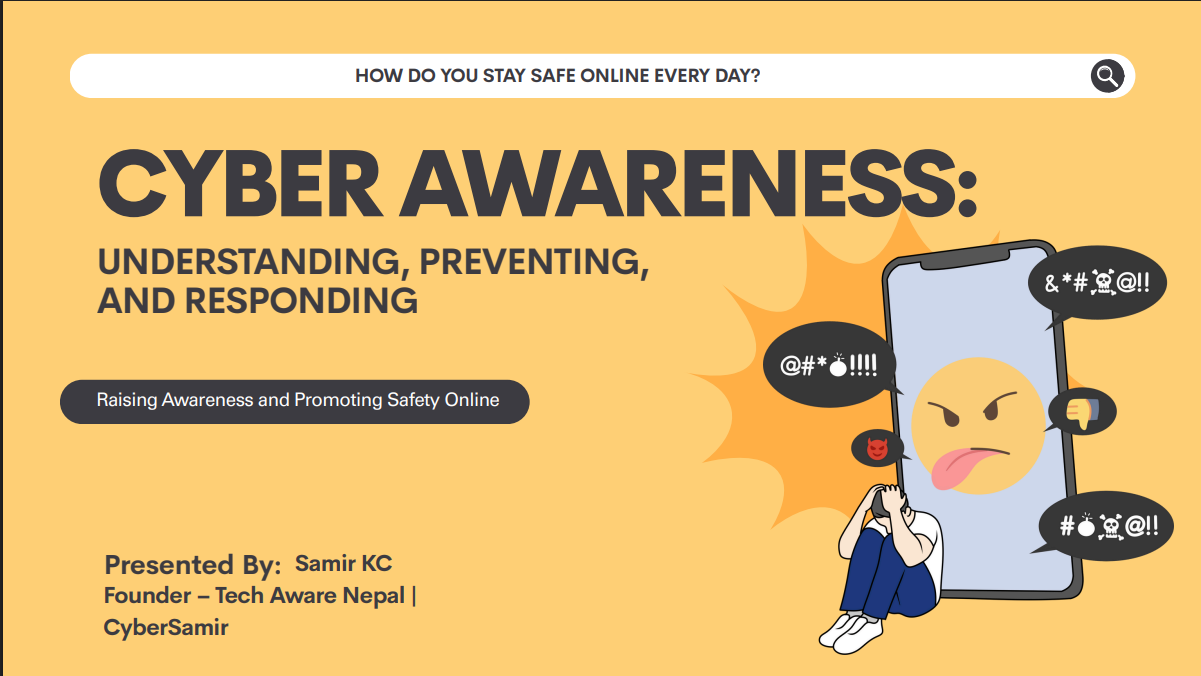
Sam Altman predicting AGI will handle 40% of work by 2030
Sam Altman: AGI Will Handle 40% of Our Work by 2030 and Treat Us Like a “Loving Parent”
KATHMANDU, September 28, 2025 – In a bold new interview, OpenAI CEO Sam Altman has laid out one of his clearest timelines yet for the arrival of Artificial General Intelligence (AGI), predicting that “superintelligence” will be here before the end of the decade. More strikingly, he claims this technology could automate as much as 40% of the tasks that humans currently perform.
Speaking with the German newspaper Die Welt, Altman painted a picture of a near future profoundly reshaped by AI, offering a vision that is both disruptive and surprisingly optimistic, suggesting AGI’s relationship with humanity will be akin to that of a “loving parent.”
The Coming Shift: It’s About Tasks, Not Jobs
One of the most significant clarifications Altman made was shifting the conversation from job loss to task automation. When asked what percentage of jobs would disappear, he responded, “I can easily imagine a world where 30, 40 per cent of the tasks that happen in the economy today get done by AI in the not very distant future.”
This is a critical distinction. It suggests a future where entire professions may not vanish but will be fundamentally transformed. For example, a developer might spend less time writing boilerplate code, an accountant less time on data entry, and a marketer less time on generating ad copy freeing up human professionals to focus on strategy, creativity, and complex problem-solving.
What Does This Mean for Nepal?
Altman’s prediction has immediate and profound implications for Nepal’s economy, which is increasingly integrated with the global digital landscape.
- The Challenge for BPOs: The BPO (Business Process Outsourcing) industry, a significant source of employment in Nepal, is directly in the line of fire. Tasks like customer support, data entry, and content moderation are prime candidates for AGI automation.
- The Opportunity for Innovation: Conversely, this shift presents a massive opportunity. AGI could help tackle some of Nepal’s most persistent challenges, from providing advanced diagnostic support in remote healthcare to optimizing agricultural yields and improving public service delivery.
- A Call to Upskill: The key takeaway for Nepal’s tech community and workforce is the urgent need to upskill. The future will place a premium on skills that AGI cannot easily replicate: critical thinking, emotional intelligence, complex strategy, and creativity.
A “Loving Parent” or an Indifferent God?
Addressing fears that a superintelligent AI would view humans as insignificant as ants, Altman offered a starkly different analogy. He believes AGI, if aligned correctly, will treat humans like a “loving parent.”
This aligns with the view of other AI pioneers who stress the importance of instilling “maternal instincts” and core human values into these systems. However, Altman doesn’t dismiss the risks, acknowledging that there could be “consequences we don’t understand.” This is why, he insists, the global race to build AGI must be matched by an equally intense effort to align it with humanity’s best interests.
For Nepal and the world, the message is clear: the AGI revolution is no longer a distant sci-fi concept. According to one of its chief architects, it’s just around the corner, and the time to prepare is now.





